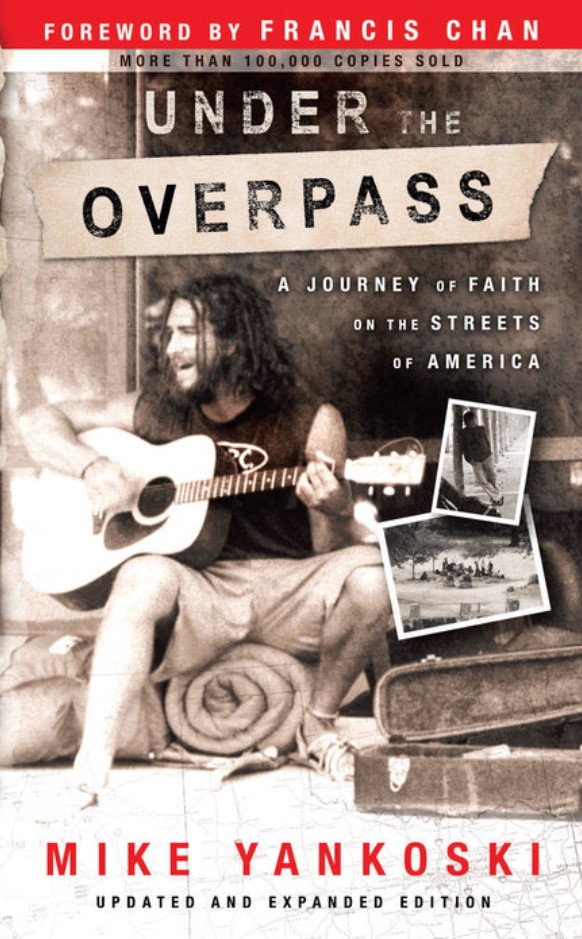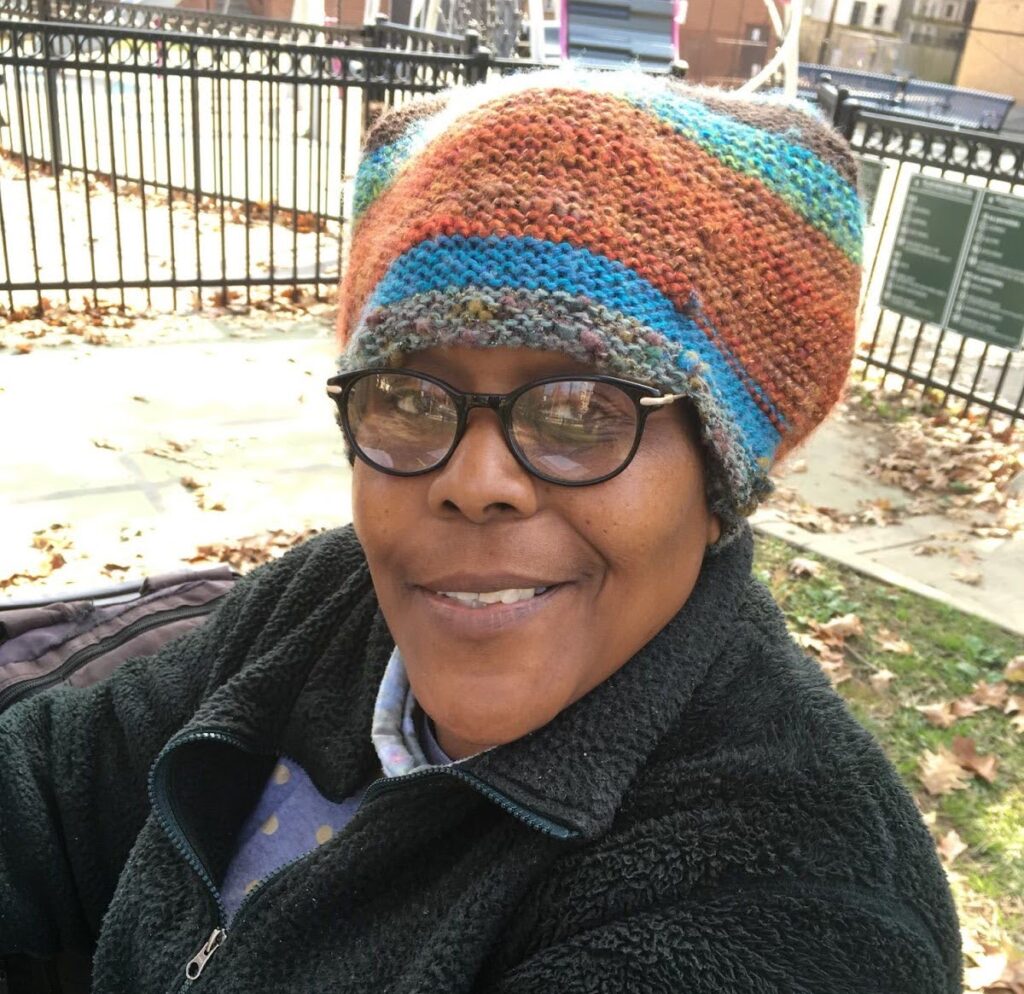Mike Yankoski became a homeless man under particularly uncommon circumstances – he chose to be one. In his book Under the Overpass, Yankoski uses an easy-to-read narrative describing his experiences with homelessness to challenge readers to think philosophically about religion, ethical dilemmas and how to lead a Christian life.
Yankoski’s idea to become a “homeless” individual came to him while he sat in church and listened to a sermon on the Good Samaritan parable. The night before, he had passed two homeless men and cracked a joke about them. “If I don’t have to look at these two human beings, then I don’t have to respond,” he said.
Under the Overpass is Yankoski’s journal of his journey of faith on the streets of the United States following this potentially controversial decision. The six cities he visited – Denver; Washington, D.C.; Portland.; San Francisco; Phoenix; and San Diego – are described in separate sections of the book. Each city is given sufficient coverage to let readers grasp a small sense of what it feels like to be a homeless individual in that city.
The story of Yankoski and his friend and traveling companion Sam Purvis has a local touch, as the pair spent 28 days in Washington, D.C. “We hung mostly around the Martin Luther King Jr. Memorial Library, just eight blocks east of the White House,” he wrote.

“It’s an area where two worlds collide. Walking from one side of the street to the other was like walking across the burn line of a forest fire. In one block the scenery morphed from new high-rise office buildings and luxurious cars to old buildings and dirty streets. Two worlds, side by side, each pretending the other didn’t exist.” The familiarity of this image engages the reader’s interest throughout the section.
Yankoski makes it clear at the beginning of his book that he presents his ideas from an evangelical, Protestant Christian perspective. He encourages readers to discern how the American church responds to the needs of the individuals who are on their cities’ streets, no matter what the readers’ religious beliefs may be.
The book takes on controversial topics, such as anger and addictions, and Yankoski’s view is that homeless individuals should not be condemned for these behaviors. Throughout the book, Yankoski is conversational and seems to welcome reader’s feedback on this idea.
Some readers may challenge Yankoski’s actions or be offended by his decision to become homeless and “steal” resources meant for truly homeless individuals. Yankoski recognized that his homeless situation is fundamentally different from literally homeless individuals. “Sam and I became homeless,” he said. “We chose to step into this and then we chose to step out of it.
And the fact that we knew that it was going to end someday meant that our experience was fundamentally different from the lives of other homeless.” Despite his apologies, these disquieting sentiments add a somber tone to his book.
At the conclusion of his book, Yankoski encourages readers to become involved in addressing homelessness in a manner that appeals to them. He believes that acknowledging homeless individuals is the best gift one can give. However, he also provides a multitude of other methods to encourage different personalities to become involved.
Yankoski’s book is an appropriate length because it keeps readers engaged by jumping from city to city. The same themes are presented in the description of his experiences in each city.
However, his anecdotes and the introduction to colorful characters provide readers with the opportunity to analyze each experience with different perspectives. This is a must-read book for someone who wants to question how religious beliefs affect the way we treat the most vulnerable members of our community.
In the end, readers are left pondering many questions: What do I think of Yankoski’s actions? Were they ethical? Do I think he is portraying an accurate picture of homelessness? How can I be involved in finding out the answers to his questions?
Yankoski and his wife live in Vancouver, British Columbia, and are both studying at Regent College for their Masters of Christian Studies degrees. He serves on the board of directors for World Vision US and the board of advisors for Kilns College. For more information on Yankoski and his book, visit www.undertheoverpass.com.
“Under the Overpass” (2005). Multnomah Books. 30 April 2005. ISBN: 1590524020.







